Coconut sugar has become increasingly popular in recent years as a healthier alternative to white sugar, as it's made from the sap of coconut palm trees and is minimally processed. This means it retains many of the nutrients found in the coconut palm.
It’s also lower on the glycemic index than white sugar, meaning it doesn't cause the same blood sugar spikes and crashes that lead to energy depletion and cravings. However, despite its many benefits, there are times when coconut sugar may not be the greatest option to pick from.
For example, if you're on a low-carb or keto diet, this may not fit into your dietary restrictions. Or, if you're looking for a sweeter or milder flavor, another sweetener may be a better choice. So after years of tracking all of them myself, I've pulled together different sweeteners that substitute for coconut sugar.
So, if you want a healthier sweetener, a lower-carb dessert, or simply want to switch things up in the kitchen, you're in the right spot. Just note that anything that spikes your blood sugar can spike your histamine levels, and some sugar alcohols can bother the stomach, regardless of histamine impact.
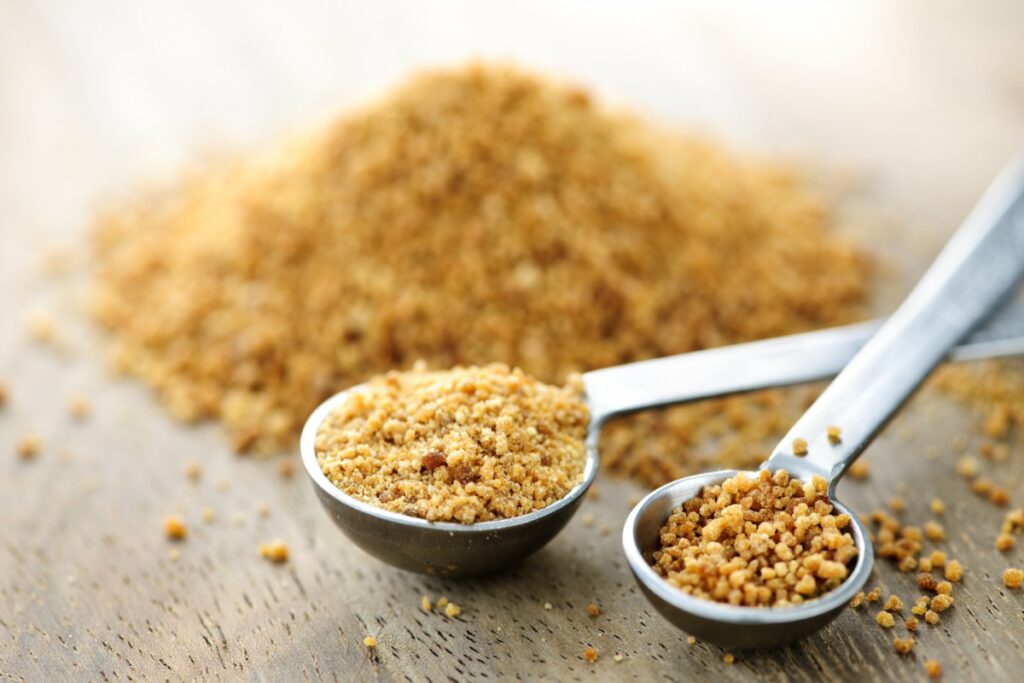
🥥 Best Substitutes for Coconut Sugar
Light or Dark Brown Sugar
1 part coconut sugar = 1 part light or dark brown sugar
Brown sugar is made by adding molasses to refined white sugar, giving it a caramel-like flavor and color. Light brown sugar has a milder flavor and is often used in baking, while dark brown sugar has a more powerful molasses flavor and is great for recipes that need a deeper, richer taste.
This sugar is sweeter and less earthy, so you may need to adjust the amount of sugar you use in your recipe to balance the flavors.
One thing to be aware of when using brown sugar is that it may affect the texture of your baked goods. Coconut sugar is drier than brown sugar, so if you're making a recipe that relies on dryness to achieve a certain texture, you may need to make adjustments.
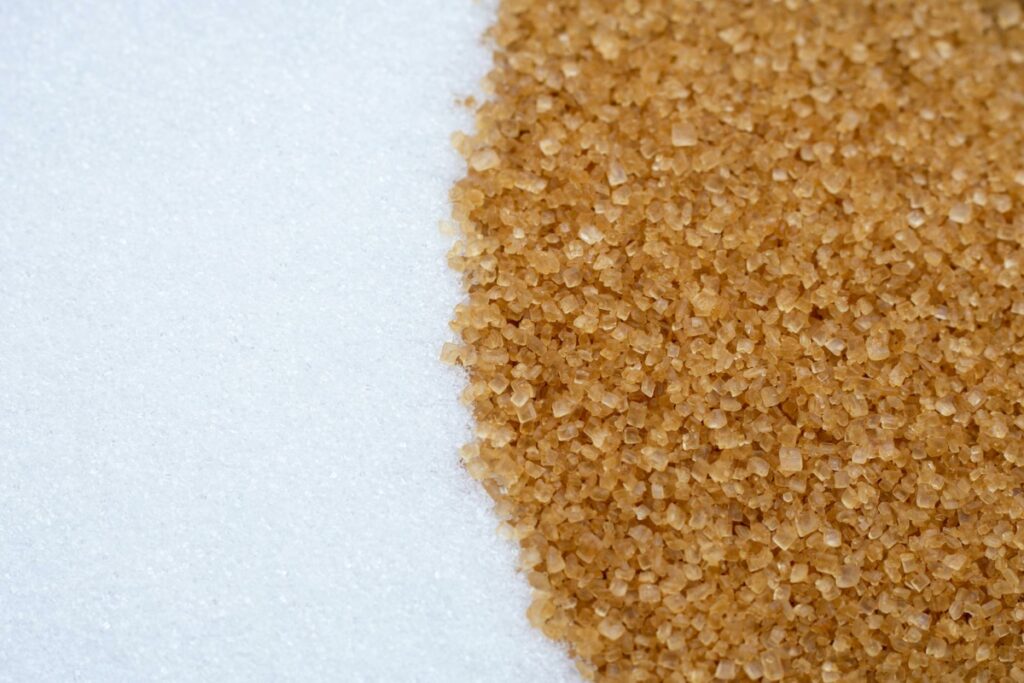
Swerve Brown Sugar
1 part coconut sugar = 1 part light or dark brown sugar
Swerve brown sugar is a blend of erythritol and oligosaccharides that has a similar texture and flavor to brown sugar, making it a perfect alternative to coconut sugar, aslong as erythritol doesn't bother your stomach. It's a zero-calorie sweetener that doesn't spike blood sugar levels, making it a great option for people who are watching their waistline.
It’s also keto-friendly and gluten-free, making it a versatile substitute for coconut sugar in a variety of recipes. Swerve brown sugar has the benefit of not leaving a bitter aftertaste, unlike some other low-calorie sweeteners.
It also has a mild sweetness that’s similar to traditional brown sugar and good for baking, cooking, and sweetening beverages.
Turbinado Sugar (Sugar in the Raw)
1 part coconut sugar = 1 part turbinado sugar
This minimally-processed sugar is made by spinning granulated sugar in a centrifuge to remove excess moisture and molasses. The result is coarse, golden-brown sugar with a slightly caramelized flavor.
One benefit of turbinado sugar is that it's widely available in most grocery stores, and more affordable than coconut sugar, which can often be quite pricey. However, keep in mind that this is still a form of processed sugar and should be consumed in moderation, just like coconut sugar.
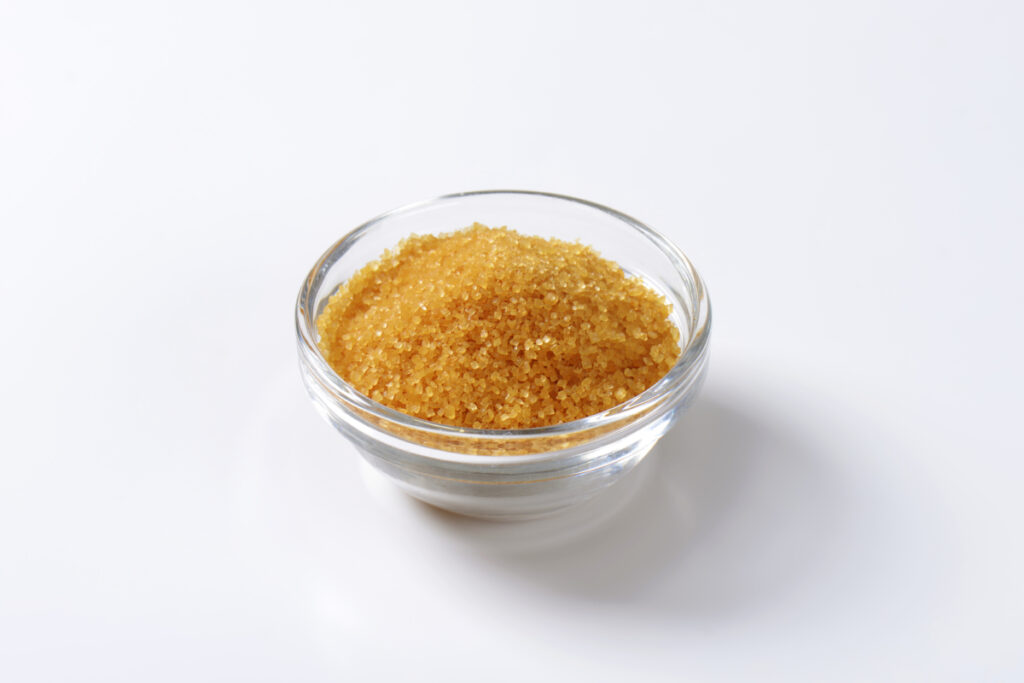
Sucanat
1 part coconut sugar = 1 part sucanat
Sucanat (short for "sugar cane natural") is a similarly minimally-processed sweetener that's an excellent alternative to coconut sugar. It’s made from pure dried sugar cane juice that's been finely ground to a granular texture. It has a rich, molasses-like flavor and a dark brown color that’s perfect for baking.
Sucanat is a great source of vitamins and minerals, including iron and calcium, and also a good source of antioxidants, which can help protect your body from free radicals that can cause damage to your cells, though it will still cause a blood sugar spike.
Raw Honey
3 parts coconut sugar = 2 parts honey
Raw honey is a natural sweetener that can be used as a more liquid substitute for coconut sugar. It's a popular choice for those who are looking for a healthier alternative to processed sugar, though it's not vegan-friendly.
It’s actually made by bees from the nectar of flowers, and is not heated or filtered, so it retains all of its natural enzymes and nutrients. Raw honey is considerably sweeter than regular old coconut sugar, so you will need to use less honey than you would coconut sugar to get the same level of sweetness.
It's also important to note that raw honey has a distinct flavor that may not be suitable for all recipes, and should not be fed to kids younger than two. There are several benefits to using raw honey.
For one, it contains antioxidants and antibacterial properties that can help boost your immune system. But raw honey also has a lower glycemic index than processed sugar, blunting its impact upon your blood sugar levels.
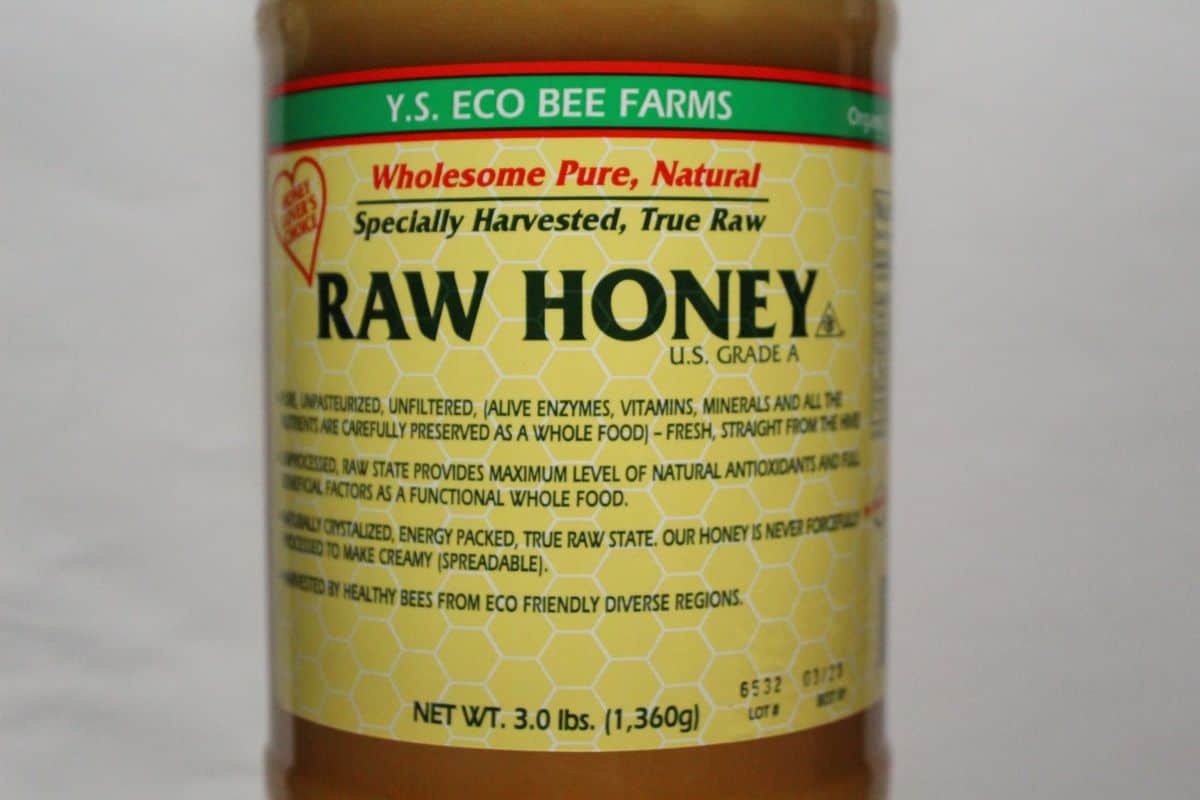
Date Sugar
1 part coconut sugar = 1 part date sugar
Made from dried and ground dates, date sugar is a rich source of fiber, vitamins, and minerals, and has a low glycemic index. It too has a sweet and caramel-like flavor that's similar to coconut sugar.
Utilizing date sugar has the added benefit of being rich in antioxidants, which help to protect your cells from damage caused by free radicals. It also contains potassium, magnesium, and calcium, which are essential minerals for maintaining healthy bones, muscles, and nerves.
It's preferable to use date sugar in baked products or as a topping when using it in recipes because it doesn't dissolve well in liquids. You can also use it to sweeten your oatmeal, smoothie bowls, or yogurt.
Maple Sugar
1 part coconut sugar = 1 part maple sugar
This syrup is made by boiling the sap of the maple tree until most of the water has evaporated, leaving behind a concentrated, sweet syrup that is then crystallized into granules. Maple sugar has a similar flavor profile to coconut sugar, with a rich and caramel-like taste that works well in a variety of recipes.
It also has a lower glycemic index compared to regular sugar, meaning like most others, it won't cause a rapid spike in blood sugar levels. It has a slightly lighter color than coconut sugar, but this won't affect the taste or texture of your baked goods.
Maple sugar is more expensive than coconut sugar, but is still a great option if you're looking for a healthier sweetener, and can really lend a unique flavor to cookies and cakes.
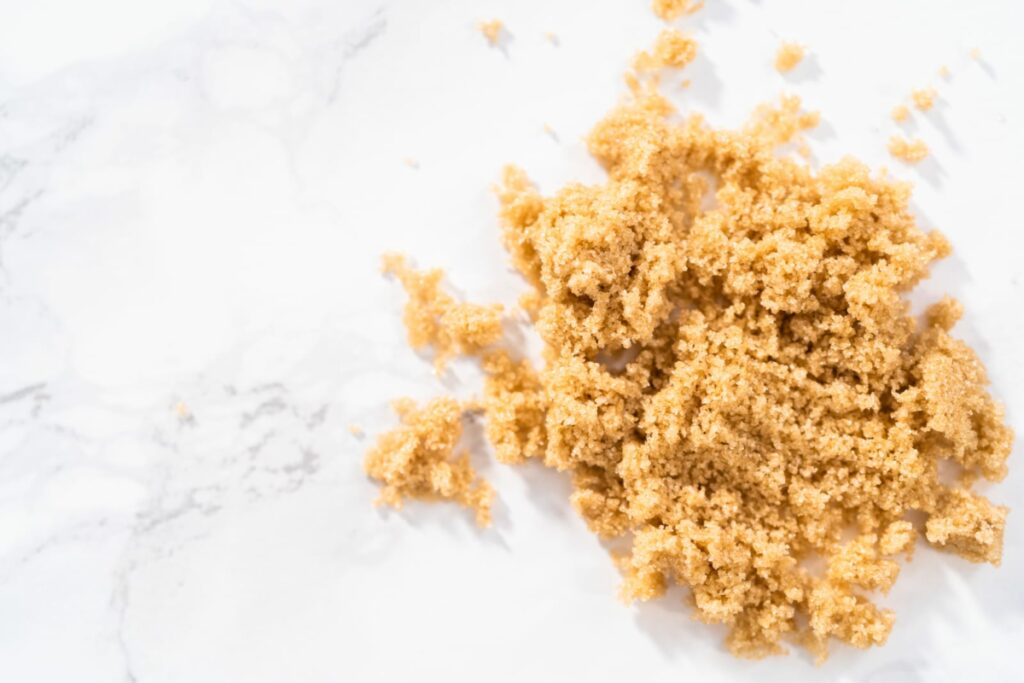
Palm Sugar
1 part coconut sugar = 1 part palm sugar
Palm sugar is made from the sap of various palm trees, including the coconut palm, and has a caramel-like flavor that's similar to coconut sugar. It's actually often mistaken for coconut sugar, as they have similar origins, but its higher moisture content make it noticeably different in flavor impact.
Palm sugar also contains some essential vitamins and minerals, such as iron, vitamin C, and even anti-asthmatic properties, which may make it a more beneficial pick for your overall health.
Jaggery (Panela)
1 part coconut sugar = 1 part jaggery/panela
If you're looking for a natural and less refined alternative to coconut sugar, jaggery or panela is another great choice. Jaggery is a traditional sweetener that's commonly used in Indian cuisine, while panela basically the same thing, albeit the form popular in Latin America.
Both jaggery and panela are made by boiling down sugar cane juice until it thickens and solidifies. Unlike refined sugar though, they retain some of the natural minerals and nutrients found in sugar cane, including iron, calcium, and potassium.
There are a few important factors to take into account when substituting panela or jaggery for coconut sugar. First off, coconut sugar and jaggery both have rich, caramel-like flavors, making them comparable in use for anything from baking to sweetening liquids and sauces.
However, coconut sugar, which has a finer texture, is easier to work with than jaggery and panela because they arrive in solid blocks or cones that must be shredded or diced before use. While jaggery and panela are less refined than white sugar, they are still high in calories and should be used in moderation as they are still sugar
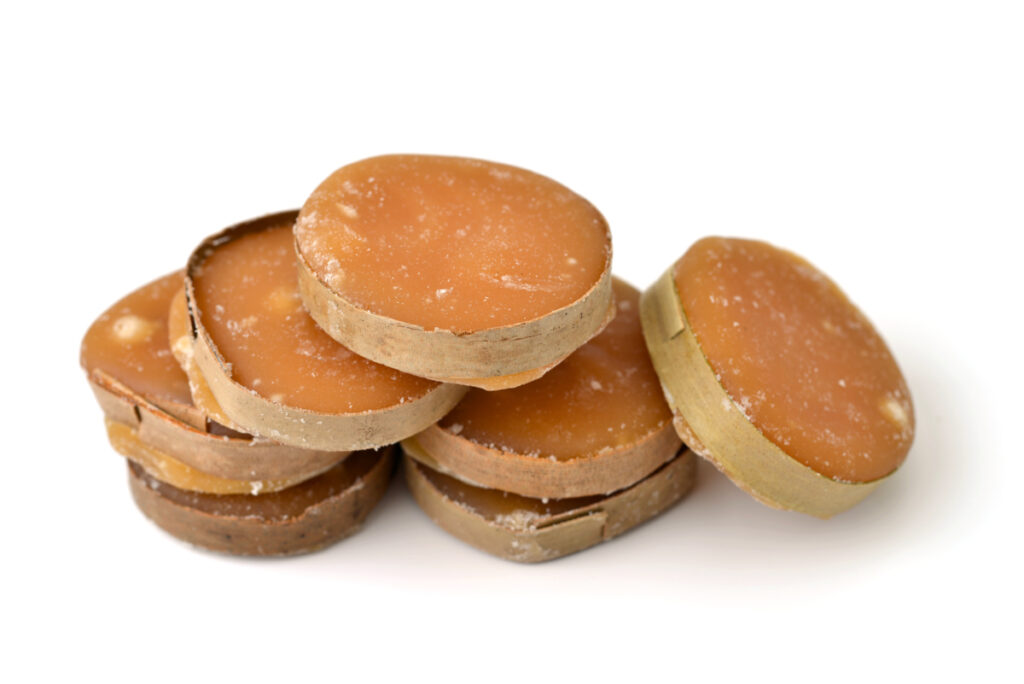
Brown Rice Syrup
1 cup of coconut sugar = 1 ⅓ cup of brown rice syrup
This syrup is made by fermenting cooked brown rice with enzymes to break down the starches and convert them into simple sugars. The resulting syrup has a mild, sweet taste and a thick, sticky texture.
Brown rice syrup has a lower glycemic index than coconut sugar, which means it won't cause as high a spike in your blood sugar levels, but it's still a sweetners, and may not be suitable for low histamine dieting. Thoguh it's also a good source of minerals like calcium and potassium.
Monk Fruit Extract
1 cup of coconut sugar = 1 teaspoon of monk fruit
Monk fruit, also known as Luo Han Guo, is a small green fruit grown in Southeast Asia that has been used for centuries in Traditional Chinese Medicine as a natural sweetener and as a treatment for coughs and sore throats.
Monk fruit sweetener is known for its zero-calorie content and low glycemic index, making it an ideal sugar substitute for those who are watching their weight or managing diabetes.
It's important to note that monk fruit sweeteners can be more expensive and less available than other natural sweeteners. However, a little goes a long way, so using a small amount can provide a lot of sweetness.
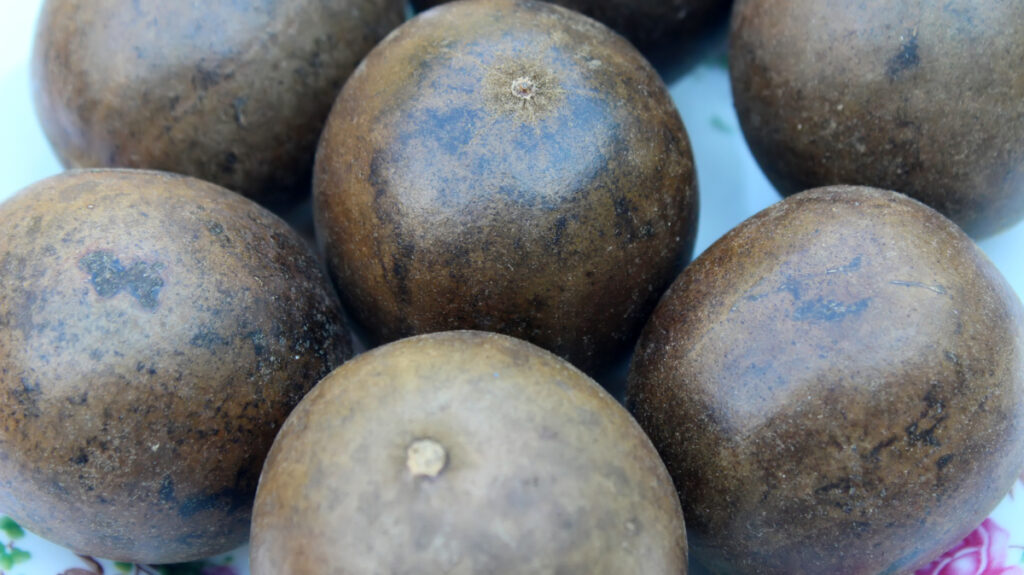
Xylitol
1 tablespoon of coconut sugar = ⅔ tablespoon of xylitol
Extracted from birch trees and other hardwoods, xylitol is a sugar alcohol that’s well-known for its sweet taste and is commonly used as a sugar substitute in various foods and beverages. Xylitol is a great alternative to coconut sugar, especially for people who are looking for a low-calorie sweetener.
It has a very low glycemic index and fewer calories than coconut sugar, which makes it a fantastic choice for those with diabetes or those controlling their blood sugar levels. However like erythritol, it may bother oyur sotmach, so consume it in moderation.
Maple Syrup
1 cup of coconut sugar = ¾ cup of maple syrup
Maple syrup is a natural sweetener that’s derived from the sap of maple trees and has a distinct flavor that is loved by many in various recipes. Not only does it have a lower glycemic index, which helps prevent spikes in blood sugar levels, but it's also packed with antioxidants and minerals like zinc and manganese.
In terms of taste, maple syrup has a unique flavor that's somewhat different from coconut sugar. While coconut sugar has a caramel-like flavor, maple syrup has a rich, sweet taste that's perfect for adding to baked goods, oatmeal, or pancakes.
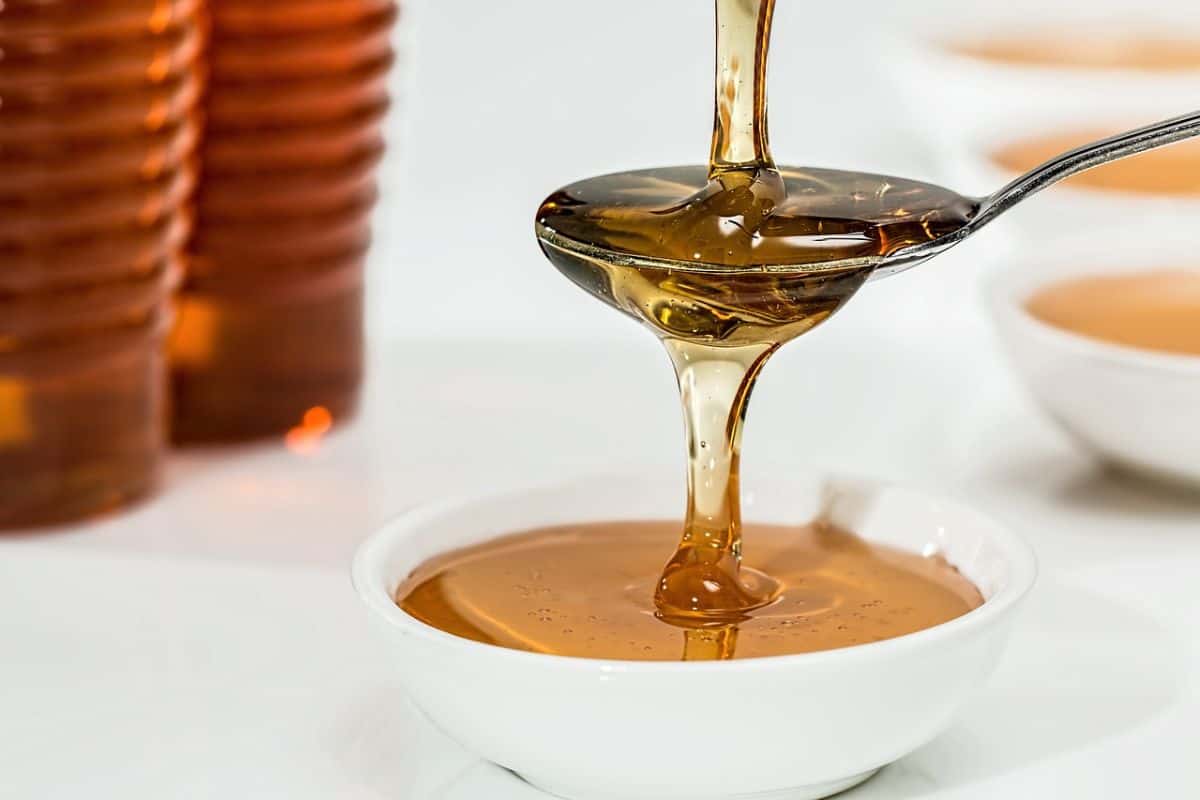
Agave Nectar (Agave Syrup)
1 cup of coconut sugar = ¾ cup of agave syrup
This substitute is a sweetener derived from the agave plant, which is native to Mexico and has a lower glycemic index. Agave nectar has a mild, sweet taste similar to honey. It’s also known for its versatility and can be used in a wide range of recipes, including baked goods, beverages, and dressings.
There are a few crucial factors to take into account when substituting agave nectar for coconut sugar. First off, using less of it in your dishes is a good idea because agave nectar is sweeter than coconut sugar.
In order to retain the proper consistency, you may need to make changes to the other liquid components in the recipe since agave nectar is a liquid sweetener. Finally, it's worth noting that agave nectar has a thinner consistency than coconut sugar, so it may not be suitable for recipes that require a dry, granulated sweetener.
Stevia
1 cup of coconut sugar = ½ tablespoon of powdered stevia
Stevia is a natural sweetener that is derived from the leaves of the Stevia rebaudiana plant. It’s a popular alternative to coconut sugar due to its low-calorie content and zero glycemic index, which makes it an excellent option for people who are looking to reduce their sugar intake without sacrificing sweetness.
Stevia, a natural sweetener, packs a powerful punch with its sweetness level being 200-300 times that of sugar, meaning it’s a great option for those looking to cut back on their sugar intake. It’s also available in both liquid and powder form, is heat-stable, and can be used for cooking and baking.
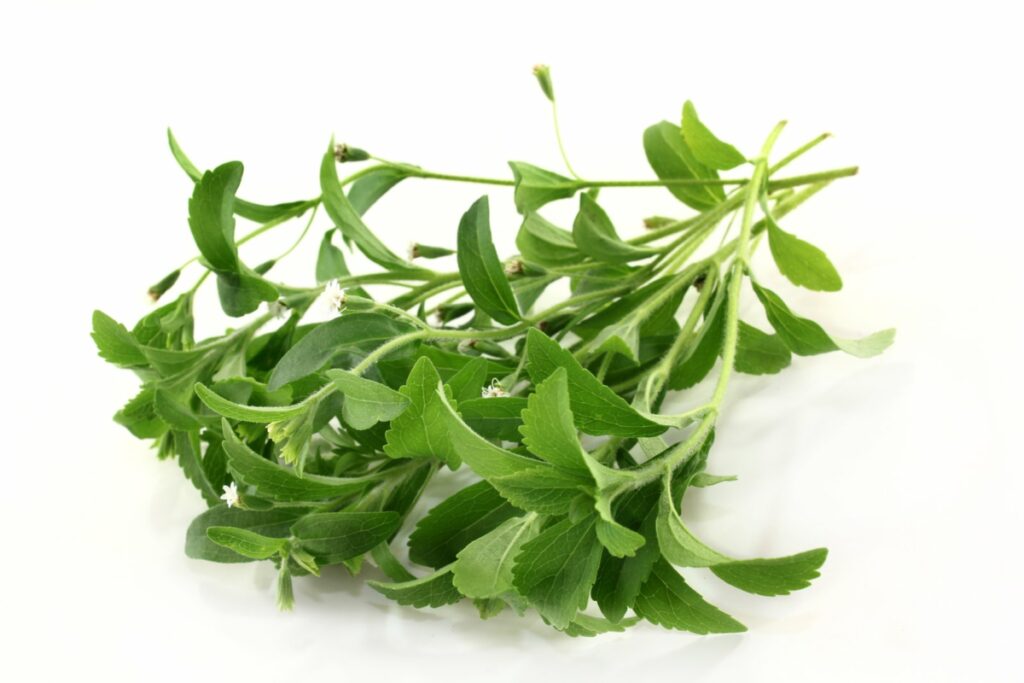
Molasses
1 cup of coconut sugar = ½ cup of molasses
Molasses is a dark, thick syrup that's rich in minerals and nutrients, including iron, calcium, and potassium. It has a distinct flavor that's slightly bitter and sweet, making it a viable substitute for coconut sugar in many recipes.
Howver there are a few crucial things to consider if you're thinking about utilizing molasses as a coconut sugar substitute. For starters, molasses has a powerful flavor that, if used in excess, may easily overwhelm your food's other flavors.
Just start with modest amounts and progressively increase until you reach the flavor you want. Second, because molasses is so dark, it might not go well in items that are light in color, such as cakes or frosting. In such cases, it's better to opt for a lighter alternative to coconut sugar.
Lastly, molasses is thick and sticky, which can make it challenging to measure accurately. To make it more manageable, consider warming it up slightly before use.

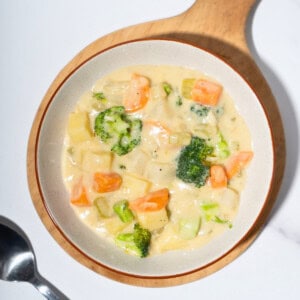
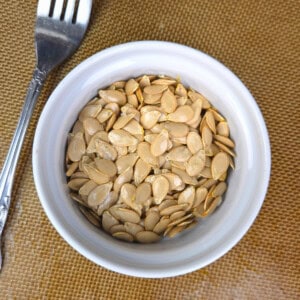
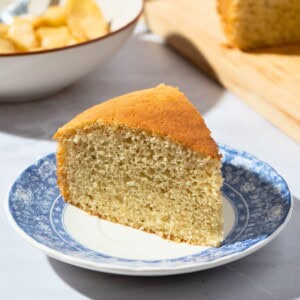
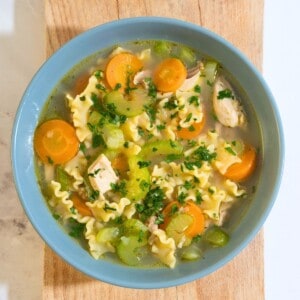
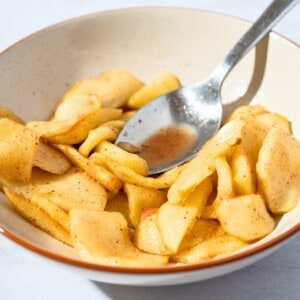
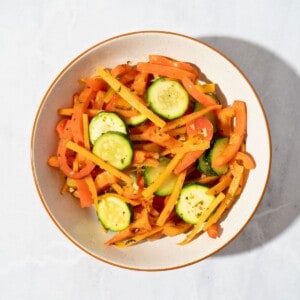
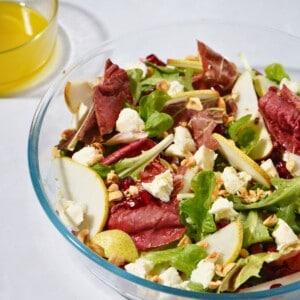
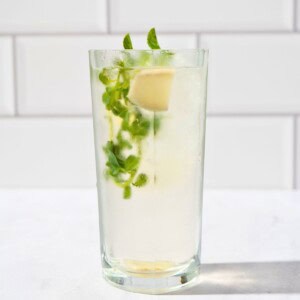
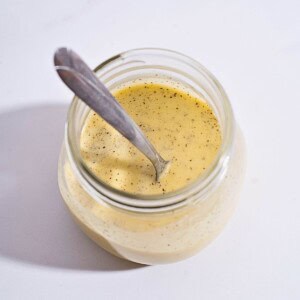
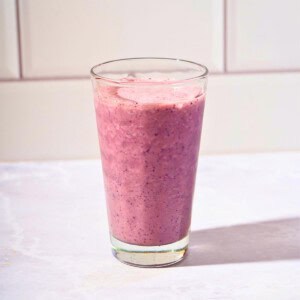
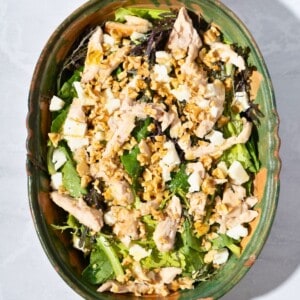
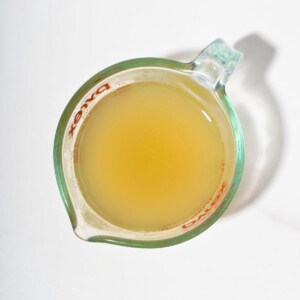
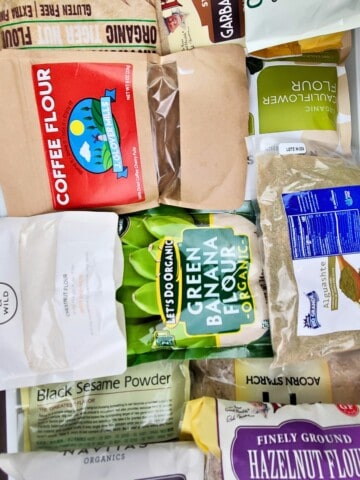
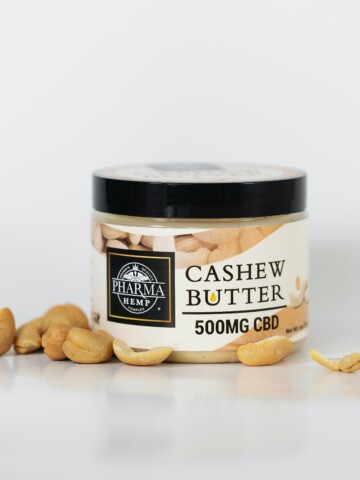
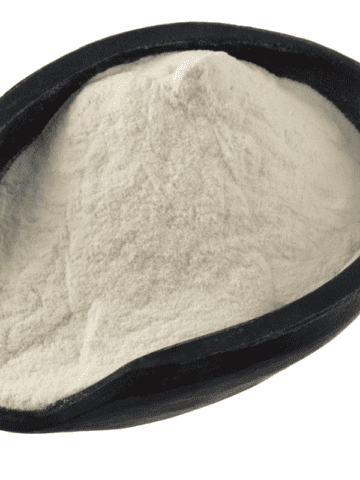
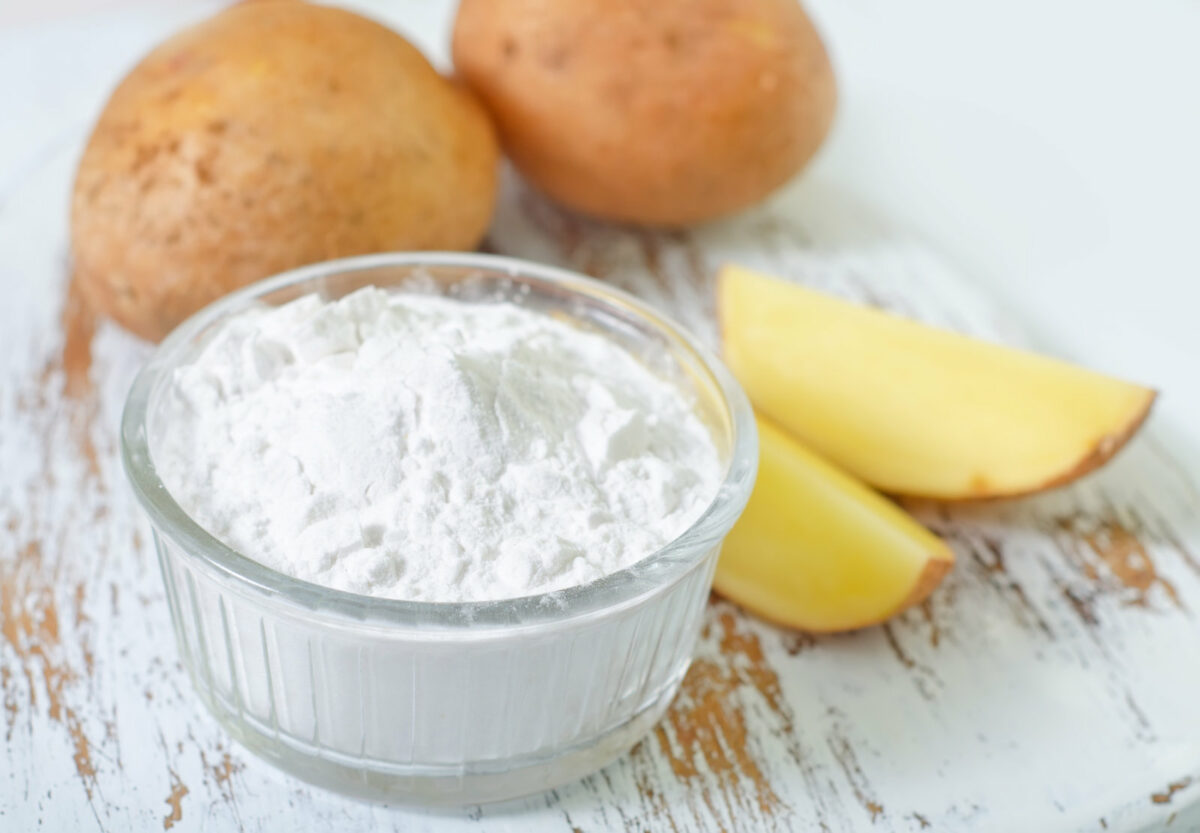
Comments
No Comments